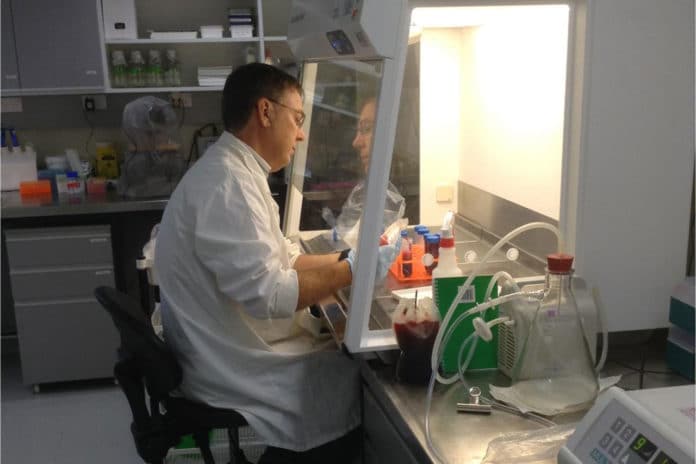According to a new study by the University of Canterbury (UC), measuring white blood cell generated antioxidant chemicals is essential to monitor inflammation and free radical damage during diseases such as heart disease or SARS.
UC Biochemist Associate Professor Steven Gieseg, who led the University of Canterbury Biological Sciences research team, said, “These white blood cell generated chemicals are some of the first to rise in the blood in response to SARS.”
“What we have shown for the first time is how one of these chemicals, called neopterin, is generated. The body’s white blood cells produce various antioxidants to try and protect themselves from the damaging free radicals generated for killing bacteria and virus-infected cells.”
“We have shown that the white blood cell made antioxidant called dihydroneopterin, rapidly neutralizes the toxic oxidants made during inflammation. In doing so, it generates a yellow chemical called neopterin that is easily measured in patients’ blood or urine during disease.”
“We think our work explains why a rapid rise in the neopterin is a sign that the patient may die as it showing the body is being overwhelmed by the oxidants generated during some diseases.”
Associate Professor Gieseg says the work paves the way for clinicians to effectively monitor both inflammation and the body damaging oxidative stress during disease.
